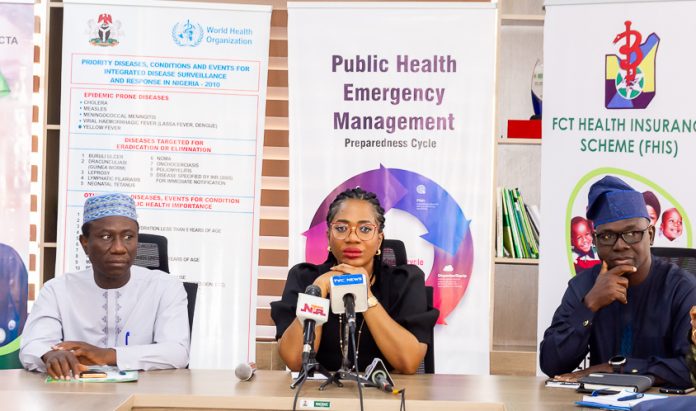Abuja, January 31, 2024 – The Federal Capital Territory Administration (FCTA) has issued an alert regarding the resurgence of Lassa Fever, confirming two cases in Abuja. Dr. Adedolapo Fasawe, Secretary of the Health and Environmental Services Secretariat, announced the information on Monday, emphasizing the need for heightened awareness and preventive measures.
The alert was prompted by information from a clinician at Bwari General Hospital, leading to immediate investigations by the FCTA’s Public Health Department. The confirmed cases involve two children, aged 14 months and 13 years, who had contact with their mother, previously diagnosed with Lassa Fever in Bauchi.
According to Dr. Fasawe, the father brought the children back to Abuja after the mother’s demise, and subsequent testing revealed that the 14-month-old tested positive for Lassa Fever, while the 13-year-old tested negative. Another positive case was reported at the Abuja University Teaching Hospital, where the patient is currently receiving care.
The Secretary assured the public that there have been no fatalities recorded thus far. She emphasized the importance of taking precautions, such as avoiding the exposure of food to rats, and urged residents to promptly report any unusual symptoms to the nearest health centers.
Dr. Fasawe provided details of the investigation, stating, “Samples were collected and sent to the National Reference Lab for confirmation.” She also highlighted the timeline of events, explaining that the father traveled to Bauchi on January 9, 2024, to bring back the children, who had accompanied their mother. The family returned to the FCT on January 12, 2024, and the Public Health Department monitored the children for symptoms, with test results indicating a positive case for the 14-month-old and a negative result for the 13-year-old.
The FCTA encourages the public to remain vigilant, adopt preventive measures, and seek medical attention promptly if symptoms suggestive of Lassa Fever arise. Regular reporting of such symptoms to health authorities contributes to effective surveillance and response efforts in controlling the spread of the disease.

